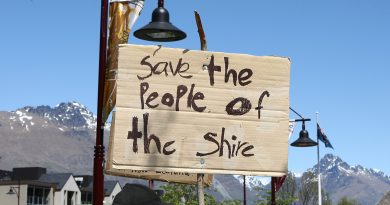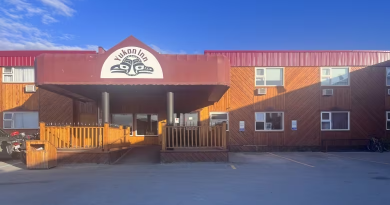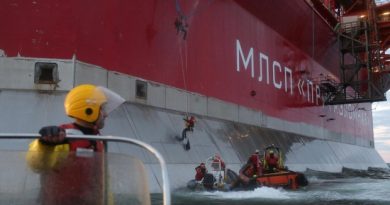Environment ministers on Barents coast to discuss Arctic sea safety and climate change
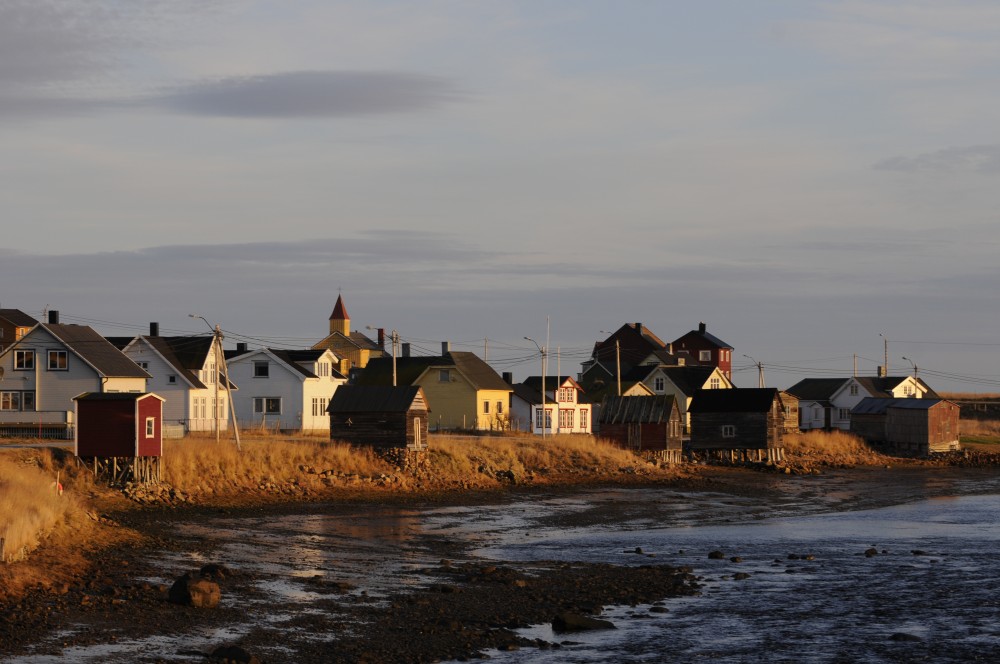
Environment ministers from Norway and Sweden, plus an advisor for Russia’s minister will get first-hand knowledge about how Vardø Vessel Traffic Service controls the sea traffic off Norway’s Arctic coast.
Vardø VTS controls voyages from Norway’s southern border with Sweden to Svalbard in the north. Located a few nautical miles from the Russian sector of the Barents Sea, the traffic monitoring also keeps an close cooperation with Murmansk port authorities.
Safety at sea and avoiding pollution from oil tankers are among the key priorities in the environmental cooperation within the Barents region.
Sweden’s chair until 2019
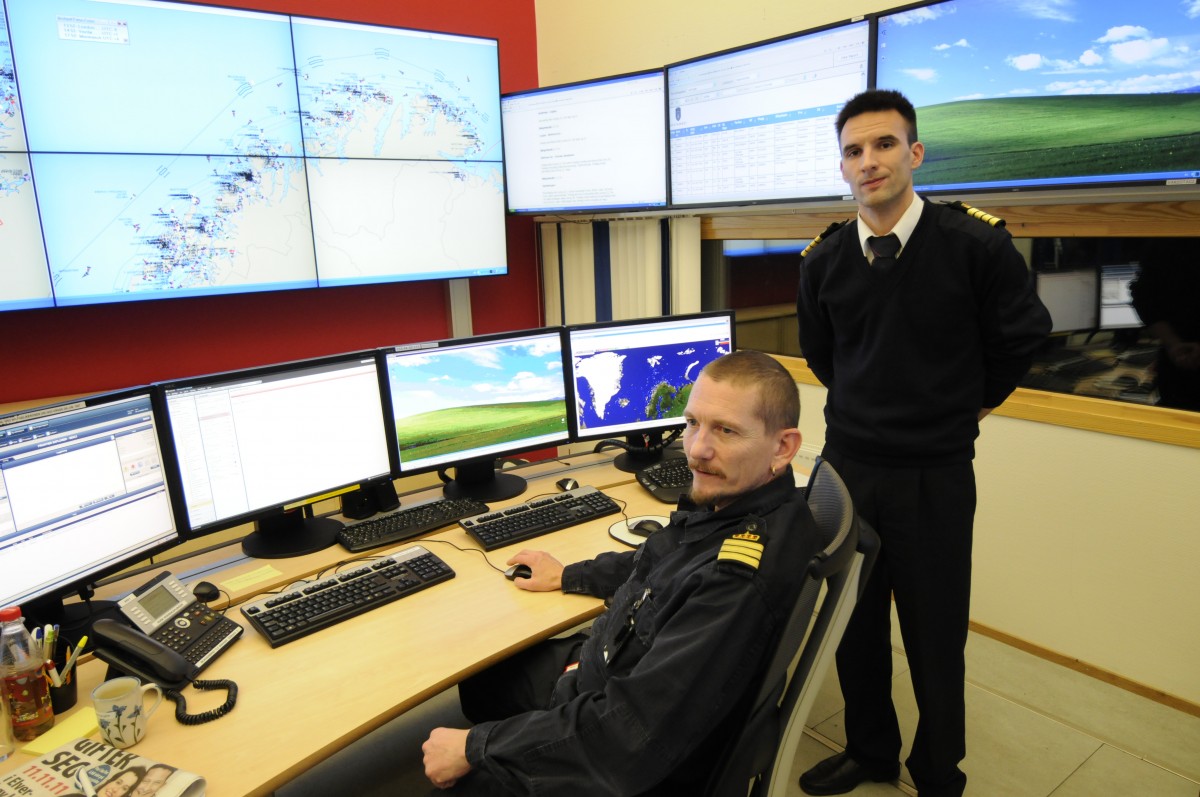
On November 29 and 30, the ministers meet in Vadsø and marks the end of the Norwegian chairmanship period for the Barents Working Group on Environment. Sweden will now lead the work for the period until 2019.
In the meeting, the main results from the Barents work on climate change will be presented, Norway’s Ministry of Environment informs.
The work includes a study describing how the Barents region can make the transition to a low carbon society where the goals of the Paris agreement on climate change are fulfilled.
The study identifies risks and opportunities for the main economic sectors in the region, that includes the petroleum developments in the Arctic.
Questions have been raised whether offshore oil-fields in the Barents Sea ever will become profitable.
Barents 2050 climate senarios
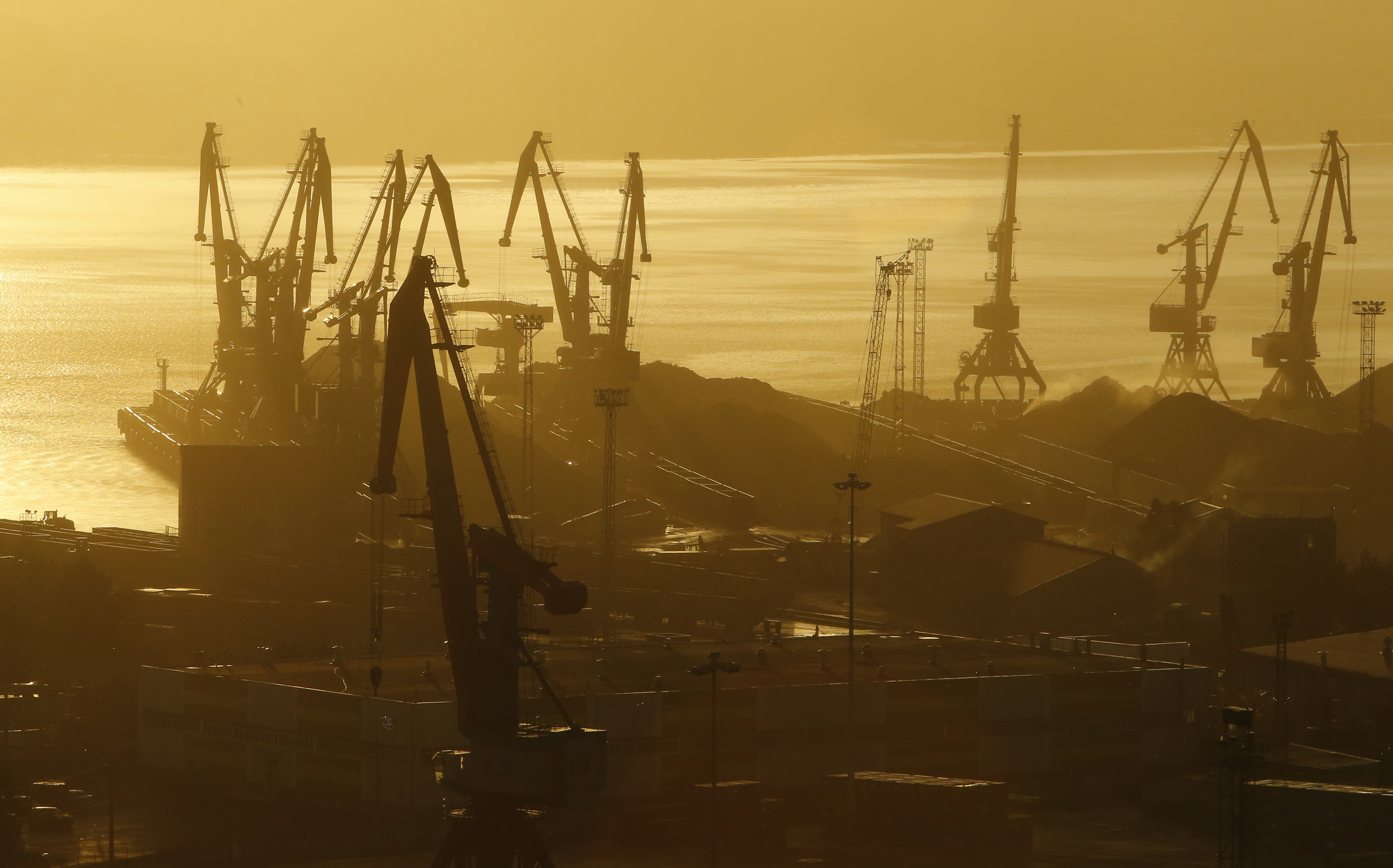
At the ministerial meeting, the study on how climate changes and the Paris agreement will influence the Barents region, will be put on the table.
The study discusses how oil and gas developments in the region face severe challenges under the Paris Agreement scenarios.
Pointing to specific challenges for the Barents region, the report highlights exploration costs in the Arctic.
«The costs in oil and gas exploration and recovery vary between the fields, but many new fields in the Barents region can have relatively high extraction costs due to the infrastructure needs and Arctic conditions. This makes the projects in the Region more susceptible to price risks, if oil price remains low due to declining demand under the Paris Agreement,» the report to be presented to the environmental ministers next week reads.
The pollution from the smelter in Nikel, near Russia’s border to Norway, is not listed on the agenda for the meeting. The issue, however, will be mentioned by Norway’s Environmental Minister Vidar Helgesen, assures communication advisor Camilla Pettersen in an e-mail to the Barents Observer.
Related stories from around the North:
Canada: Arctic Council’s climate work continues with full U.S. participation, despite Paris pullout, says diplomat, Eye on the Arctic
Finland: Major Arctic conference opens in good spirit despite disagreements, The Independent Barents Observer
Iceland: Norwegians and Icelanders let Alaskans in on the secrets to economic prosperity, Alaska Dispatch News
Norway: Russia’s Northern Fleet takes on key role in search and rescue exercise with Norway, The Independent Barents Observer
Norway: Barents bishops ask Arctic Council to promote fossil-free future, The Independent Barents Observer
Russia: Arctic Council ministerial – View from Russia, Eye on the Arctic
United States: Arctic Council presents united front as Finland takes over from U.S., Eye on the Arctic

